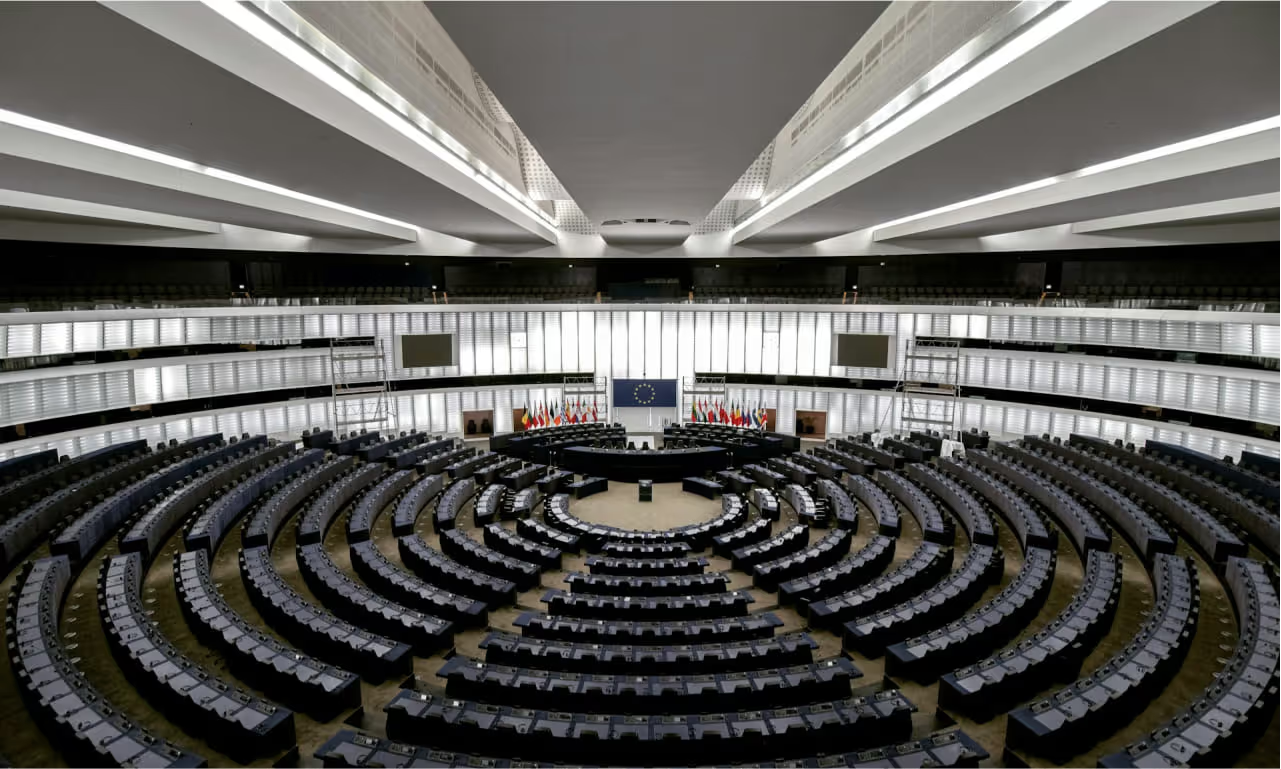ReFuel EU Aviation is a key initiative of the European Union to decarbonise the aviation sector by increasing the supply and demand for sustainable aviation fuels (SAF). This initiative responds to insufficient efforts to reduce CO2 emissions from aviation, which is a significant source of pollution. The aim is to reduce greenhouse gas emissions through the mandatory use of SAF, supported by various regulatory and financial mechanisms.
Support and reimbursement mechanisms
EU Aviation's ReFuel proposal assumes different levels of reimbursement for fuels that meet decarbonisation requirements. The reimbursement structure varies depending on the type of fuel and the location of the airport:
- 100% Reimbursement: for outermost areas, small islands and airports.
- 95% Reimbursement: for renewable fuels of non-biological origin.
- 70% Refund: for advanced biofuels.
- 50% Reimbursement: for other eligible fuels.
These mechanisms are designed to compensate for the higher production costs of SAF compared to traditional aviation fuels and encourage their wider use.
SAF Deployment Schedule
The regulation provides for the mandatory blending of sustainable aviation fuel with conventional fuel from 2025, starting with a 2% share of SAF. This share is expected to increase gradually, reaching 70% by 2050. This timetable takes into account the gradual increase in the availability and cost-effectiveness of sustainable fuels, but the BSP points to the need to adapt these deadlines to market and technological realities.
Challenges in the production of SAF
SAF production faces many challenges, including a limited raw material base in the EU and high production costs. Currently, the share of SAF in total aviation fuel consumption in the EU is negligible, at around 0.05%. The barrier is several times higher production costs compared to conventional fuels, which is especially evident in the case of first-generation biofuels due to indirect land-use change emissions.
The “book & claim” system and other mechanisms
BSP successfully called for the introduction of a “book & claim” system, which allows the traceability and certification of the origin of SAF, even if physically the fuel is not delivered to a specific airport. This system aims to simplify logistics and increase the availability of SAF. The European Commission is also considering revising the aviation multiplier in RED II, a central auction mechanism for SAF producers and prioritising raw materials for aviation fuel production.
Participation of BSP in shaping regulation
Since the beginning of the process, BSP has been actively involved in the work on SAF regulations. The organization cooperates with consultants and EU institutions, participating in debates with the scientific community and representatives of the aviation and fuel industry. The BSP points to the need to take into account market and technological conditions in the implementation of regulations, highlighting the problems related to access to raw materials, the pace of technology implementation and economic profitability.
BSP Publications and Analyses
The BSP is preparing analyses of proposed amendments and recommendations to the draft RefuelEU Aviation Regulation, which will be the subject of further legislative work in the European Parliament and the Council.
Withdrawal of free privileges and other challenges
The BSP calls for the withdrawal of free allowances for aviation as soon as possible, which would allow to increase the proceeds from the auction of allowances and investment in innovative solutions, including SAF. The organization also points to the problem of introducing an excise tax on aviation fuels, which could burden European carriers and reduce their competitiveness. Other challenges are the issues of tanking and excessive limits of penalties for non-compliance with environmental standards.
Summary
The RefuelEU Aviation initiative is a key element of the EU's aviation decarbonisation strategy. The introduction of mandatory SAF shares, financial support and certification schemes aim to significantly reduce CO2 emissions. However, in order to achieve these objectives, it is necessary to take into account market and technological realities and close cooperation between the public, private and academic sectors. BSP, as a representative of industry interests, plays a key role in shaping these regulations, aiming to create a stable and predictable environment conducive to investment in sustainable aviation fuels.

